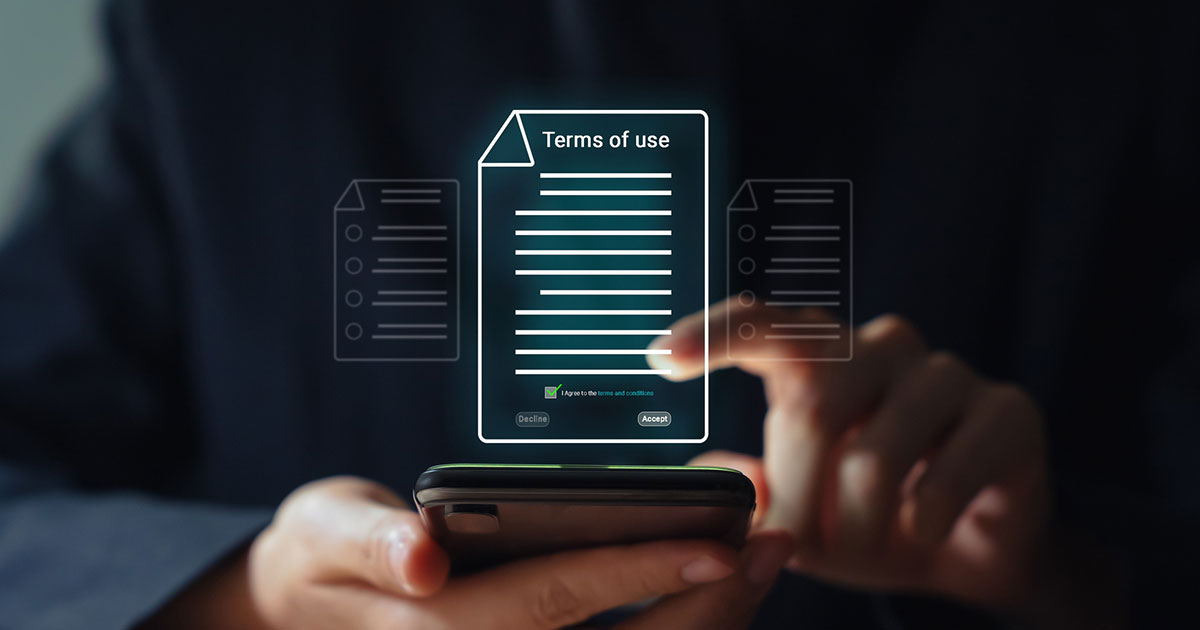
A recent appellate court opinion out of New Jersey,
McGinty v. Zheng (Sept. 20, 2024), which addressed issues surrounding arbitration agreements in the context of personal injury claims, sparked my interest.
The
McGinty case is a pivotal example of how courts are interpreting arbitration agreements in the digital age, and serves as a significant reminder for lawyers about the enforceability of arbitration clauses and the implications of user agreements in digital platforms.
Case Facts
The plaintiffs, Georgia M. McGinty and her husband, John Francis McGinty, filed a lawsuit following a personal injury incident involving an Uber driver. The driver ran a red light and “t-boned” another car, causing devasting injuries to Georgia (a lawyer) and serious injuries to her husband. The defendants included Uber Technologies, Inc. and its subsidiary, Raiser, LLC.
The central issue was whether the arbitration agreement contained in Uber’s Terms of Use was valid and enforceable, particularly given the plaintiffs’ claims that the agreement was not binding.
Georgia McGinty had signed up for an Uber account in 2015 and had agreed to various iterations of Uber’s Terms of Use, which included an arbitration provision. The most relevant terms were last updated in December 2021. The plaintiffs contended that it was their minor daughter who had accepted the December Terms while using Georgia’s phone to order a pizza through Uber Eats, raising questions about the validity of that acceptance.
The court found that Georgia McGinty had indeed agreed to the arbitration clause when she checked the box confirming her acceptance of the Terms of Use. The court emphasized that the digital records maintained by Uber demonstrated her agreement, which included a clear waiver of the right to a jury trial.
The arbitration agreement also included a delegation clause, which stipulated that any disputes regarding the enforceability of the arbitration provision itself would be resolved by an arbitrator. In other words, the agreement required the parties to arbitrate whether they had to arbitrate.
A significant point of contention was whether a minor could bind the parties to an arbitration agreement. The court noted that the agreement required the user to affirm they were at least 18 years old. The plaintiffs argued that their daughter had accepted the terms, but the court maintained that the records indicated Georgia and her husband could not definitively state that she had done so.
What struck me is that, even if Georgia herself had knowingly accepted the terms when someone ordered food, a customer might willing agree to arbitrate personal injury claims that might result from food delivery, which would be very low risk.
But Uber Eats and Uber ride share are two different apps. Should accepting these restrictions on a food delivery app automatically apply to an entirely different service, especially one where the risk of person injury is much higher?
Lessons from the Ruling
The ruling reinforces the notion that digital agreements, particularly those involving arbitration clauses, are generally enforceable if the user has taken affirmative steps to accept them. This case highlights the importance of clear and conspicuous terms in user agreements, especially in the context of mobile applications.
This case underscores that everyone should meticulously review the terms of service and arbitration agreements associated with digital platforms. Understanding the nuances of these agreements can significantly impact the strategy in personal injury and other litigation cases. Clients should be told that their acceptance of such terms can limit their legal recourse.
When dealing with cases involving minors, practitioners must be cautious about the enforceability of agreements made by or on behalf of minors. This case serves as a reminder to scrutinize the circumstances under which agreements are accepted.
This article was originally published on the State Bar of Wisconsin’s
Solo/Small Firm & General Practice Blog of the Solo/Small Firm & General Practice Section. Visit the State Bar
sections or the
Solo/Small Firm & General Practice Section web pages to learn more about the benefits of section membership.
